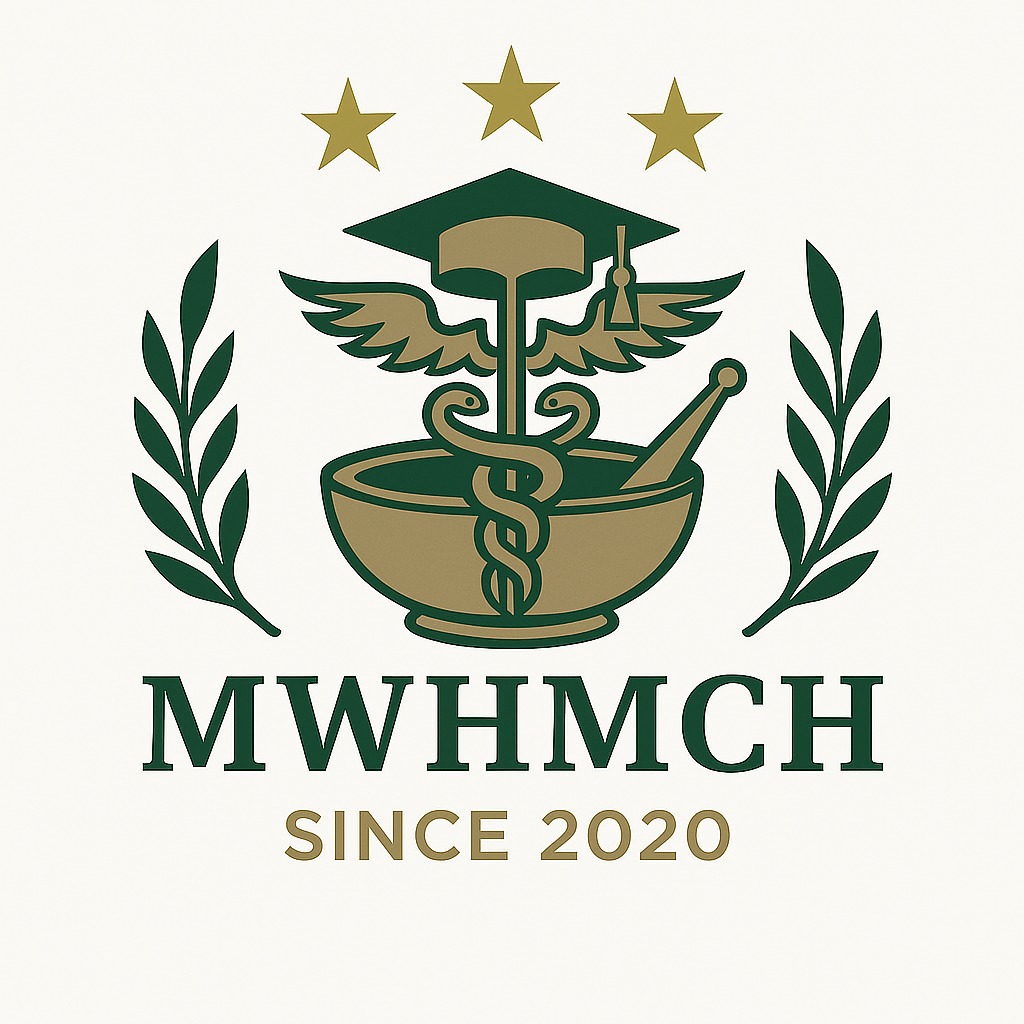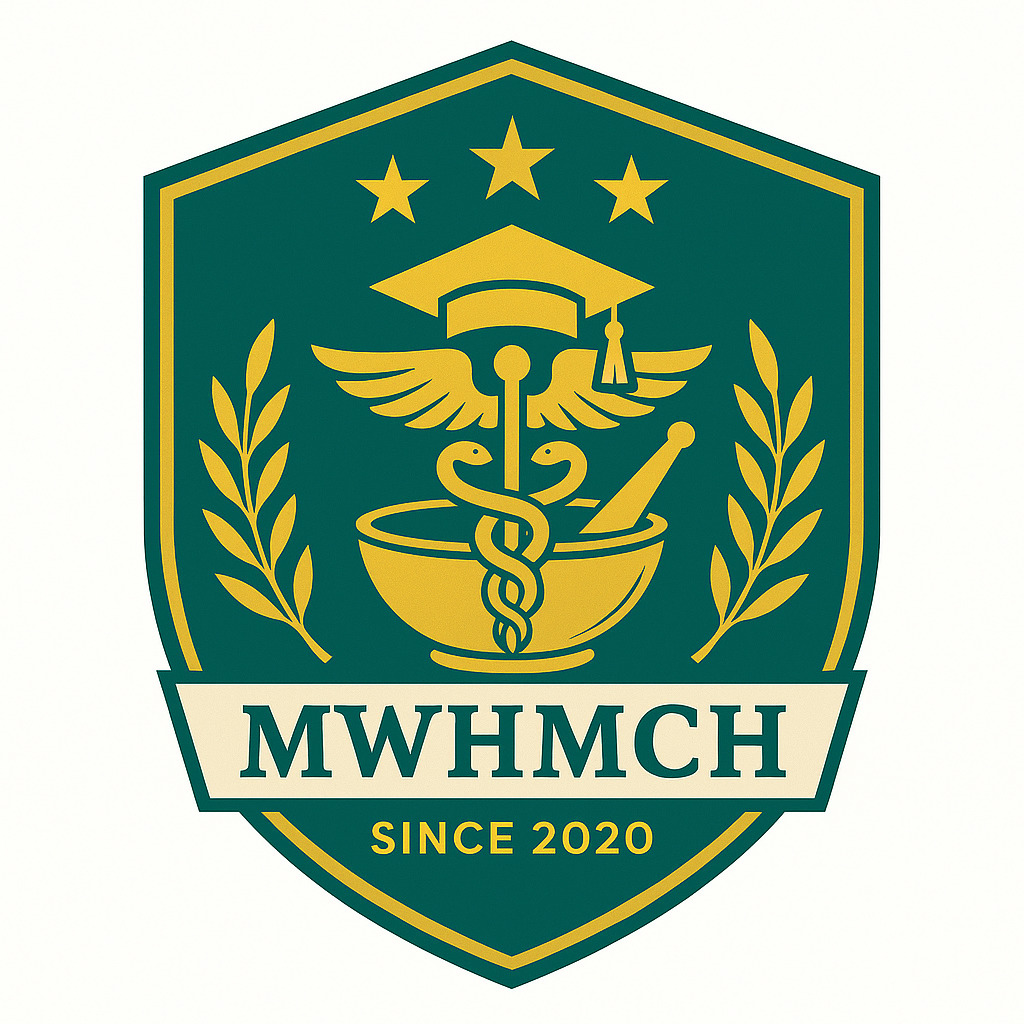Home > Academics > Departments
Departments
Academic Departments
Wahed Homeopathic Medical College & Hospital has 13 academic departments, each functioning in accordance with the curriculum prescribed by the National Commission for Homoeopathy (NCH). These departments work together to deliver an integrated and high-quality medical education. The departments are equipped with modern instruments and equipment as per the regulations laid down by the NCH. The different departments of the institution are being strengthened in phased manner by adding various teaching aids and materials such as instruments, equipment, specimens, models, slides, CDs, posters, charts, etc.
Academic Departments

Materia Medica

Organon & Homoeopathic Philosophy

Repertory

Pharmacy

Anatomy

Physiology

Biochemistry

Pathology

Forensic Medicine & Toxicology

Community Medicine

Surgery

Gynaecology & Obstetrics

Medicine
Laboratory & Learning Infrastructure
Each department features modern, well-equipped laboratories, enhanced with teaching aids such as:
- Specimens, models, instruments, and slides
- Educational CDs, charts, posters, and diagrams
- Seminar rooms fitted with LCD projectors, overhead projectors, and slide projectors for audiovisual presentations
Departments are continuously upgraded in a phased manner to stay aligned with the latest educational standards and research developments.
Clinical Training & Hospital Facilities
The college operates both Outpatient (OPD) and Inpatient (IPD) departments for hands-on student training.
- OPD Departments: Medicine, Surgery, Gynaecology, Skin, ENT, Eye, and Physiotherapy
- IPD: 25 beds with separate wards for male and female patients, attended by doctors 24/7
Key facilities include:
- Digital X-Ray, ECG machines, cardiac monitor, and a modern biochemistry & pathology lab
- Computerized diagnostic tools and semi-automatic biochemical analyzers
- Free consultation and medicine provided to all patients
Integrated Academic & Clinical Experience
The growth in patient numbers reflects the trust the community places in our healthcare services. The OPD and IPD also serve as essential platforms for clinical training, allowing students, interns, and house physicians to gain real-world experience under expert supervision.
At MWHMC, academic excellence is matched by our commitment to community service and compassionate care—nurturing both minds and hearts in the pursuit of holistic healing.
Department of Anatomy
Anatomy forms the foundation of medical science. From the very first day, students at MWHMC begin developing a clear understanding of the human body’s structure, essential for accurate clinical observation and diagnosis.
The department features a dedicated dissection hall, anatomy museum, and classroom, fully equipped in accordance with MES 2024 standards. Practical learning is supported through:
- Cadaver dissection for 25–30 students at a time
- Charts, models, bones, and histology slides to aid in visual and practical understanding
- An X-ray view box for radiographic studies
- Microscopes for detailed tissue analysis
- A departmental library offering key anatomy references in addition to the central library collection
Integrated Physiology & Biochemistry Laboratory
The Physiology & Biochemistry lab can also accommodate 25–30 students, offering hands-on experiments and demonstrations.
Students perform:
- Haematology tests: Total/differential leukocyte count, RBC count, hemoglobin levels
- Biochemistry experiments: Detection of abnormal constituents in urine
- Clinical procedures: Blood pressure monitoring, ECG recording, and BMR evaluation
The lab is well-stocked with updated reagents, models, and teaching aids for an immersive learning experience.
Department of Physiology
The Department of Physiology provides students with a thorough understanding of the normal functioning of the human body, forming the foundation for learning pathology, medicine, and clinical diagnosis.
Key Features:
- Equipped with modern laboratory instruments and teaching aids as per MES 2024 guidelines
- Offers hands-on training in hematology and clinical physiology, including:
- Blood pressure measurement
- Electrocardiography (ECG)
- Basal Metabolic Rate (BMR) assessment
- Blood cell counts and hemoglobin estimation
- Laboratory sessions for 25–30 students with charts, models, microscopes, and updated reagents
- Encourages experimental learning to help students correlate theoretical knowledge with practical applications
- A dedicated departmental library provides additional reading resources to support student learning
The department plays a crucial role in helping students understand the physiological basis of health, preparing them for effective clinical training in the later years.
Department of Materia Medica
The Department of Materia Medica focuses on building a strong understanding of homeopathic drug effectiveness, in line with MES 2024 standards.
Key features:
- A wide range of educational charts for student reference
- Regular workshops to enhance prescribing accuracy and confidence
- Access to a departmental library with books on related subjects
- Bedside clinical classes for hands-on training in case-taking, analysis, and prescription
- Active research project on clinical drug proving to expand knowledge on known and emerging remedies
The department ensures students are well-prepared to apply Materia Medica principles in real-world clinical practice.
Department of Organon of Medicine
The Department of Organon imparts in-depth knowledge of homeopathic philosophy as per MES 2024, focusing on the foundational principles laid down by Dr. Samuel Hahnemann.
Key highlights:
- Emphasis on aphorisms and doctrines to strengthen conceptual understanding
- Weekly clinical classes to integrate philosophy with practical application
- Tutorials and seminars encourage open discussion and critical thinking
- Charts and visual aids simplify complex ideas for better student comprehension
- A dedicated departmental library offers quick access to philosophical and reference texts
- Hands-on training aligns homeopathic principles with clinical decision-making and prescriptions
The department ensures students develop a strong philosophical base that supports effective homeopathic practice.
Department of Pharmacy
The Department of Pharmacy accommodates 25–30 students for practical sessions on medicine preparation, as per MES 2024 guidelines.
Key highlights:
- Equipped for teaching trituration, potentization, and mother tincture preparation
- Features a wide range of charts, specimens, and catalogs explaining sources of homeopathic drugs
- Visits to reputed Homeopathic Medicine Manufacturing Industries provide exposure to large-scale drug production
- A dedicated departmental library offers access to essential texts, including:
- Indian Homeopathic Pharmacopeia
- British, German, and American Pharmacopeias
The department ensures hands-on training in homeopathic pharmaceutical principles and practices.
Department of Repertory
The Department of Repertory plays a vital role in bridging the gap between homeopathic philosophy and clinical application. It trains students to master the art of case analysis and remedy selection using various repertories and modern tools.
Key Highlights:
- Focused training on the use of classical and contemporary repertories, including Kent, Boenninghausen, and Synthesis
- Students learn to interpret symptoms, prioritize rubrics, and match them with the most suitable remedies
- Hands-on practice using homeopathic software and digital repertories for quicker and more accurate case workups
- Case-based discussions, tutorials, and repertory workshops are regularly conducted to enhance practical understanding
- The department also promotes interdisciplinary integration with Materia Medica and Organon to improve clinical reasoning
- Access to a departmental library with repertory texts and reference materials for in-depth study
The Department of Repertory empowers students with the skills to become confident and precise in their prescribing approach, making it a cornerstone of quality homeopathic practice.
Department of Pathology
The Department of Pathology is well-equipped with monocular microscopes, incubators, hot air ovens, and essential chemicals, in line with MES 2024 standards.
Key features include:
- Computer-attached microscopes for enhanced teaching
- Gross specimens, charts, and catalogs with concise descriptions
- A capacity to accommodate 25–30 students for practical sessions
- A departmental library providing easy access to pathology reference books for staff and students
The department ensures students gain a clear understanding of disease processes through hands-on, visual learning.
Department of Forensic Medicine & Toxicology
The department is equipped with a museum featuring specimens, weapons, and educational charts, aligned with MES 2024 standards.
Students gain practical exposure through:
- Visits to the mortuary for demonstrations of post-mortem procedures
- Access to a departmental library with reference books on forensic medicine and toxicology
The department plays a key role in building students’ understanding of medico-legal aspects in clinical practice.
Department of Surgery
The Department of Surgery conducts structured academic and clinical sessions as per the MES 2024 curriculum. Both major and minor operation theatres (OTs) support basic surgical procedures required for the BHMS course.
Key learning components include:
- Clinical case presentations (3 times a week) based on in-house surgical patients
- Hands-on training in examination, investigation, diagnosis, and management of surgical cases in both IPD and OPD
Additionally, the hospital hosts weekly OPDs for Surgery, Ophthalmology, and ENT, providing students with broader clinical exposure.
Department of Gynaecology & Obstetrics
The department provides essential training in gynecology and obstetrics, with a daily OPD ensuring sufficient patient flow for clinical learning.
Students are trained in:
- Performing complete gynecological examinations
- Conducting antenatal checkups for pregnant women
- Observing procedures like IUCD insertion in the adjoining operation theatre
Plans are underway to enable normal deliveries and postnatal care within the department’s labor room and ward in the near future.
Department of Medicine
The Department of Medicine imparts clinical knowledge through CD-based modules and lectures on subjects like cardiology, dermatology, and emergency medicine, aligned with MES 2024 guidelines.
Students are trained in:
- General and systemic examination of patients
- Interpretation of X-rays, ultrasounds, and ECGs, with focus on both normal and abnormal findings
The department ensures a strong foundation in diagnostic and clinical skills, essential for future medical practice.
Department of Community Medicine
The Department of Community Medicine offers practical exposure to primary healthcare through models, charts, and specimens as per MES 2024 guidelines. In addition to classroom teaching, students actively participate in public health programs such as:
- Pulse Polio Immunization
- Family Planning Operations
- School Health Services
As part of the curriculum, students visit:
- Infectious Diseases Hospitals
- Sewage Treatment Plants
- Schools providing health services
The department also promotes awareness of current primary health concerns among students and staff.
Under its community outreach, weekly health camps are organized in nearby rural slums every Monday, led by the department head, with student participation planned in the near future.
MET (Medical Education Technology) Department
The Medical Education Technology (MET) Department at M.W. Homeopathic Medical College & Hospital is continuously being strengthened in a phased manner to enhance teaching effectiveness and learning outcomes.
Key features include:
- A growing collection of digital teaching aids such as slides, CDs, and multimedia content
- A fully equipped seminar room with an LCD projector and smart board for audio-visual presentations and interactive learning
- A strong focus on integrating modern educational tools with traditional teaching to support competency-based learning
- The department also actively monitors recent research developments to keep academic delivery up-to-date
The MET Department ensures that faculty and students benefit from the latest advancements in medical education methodology.

